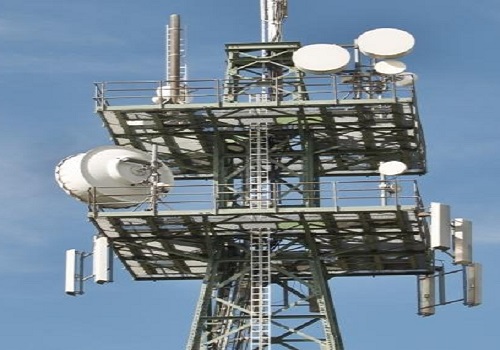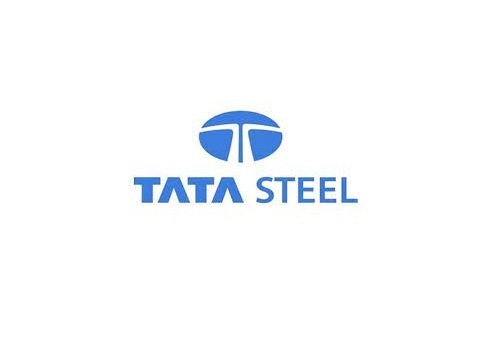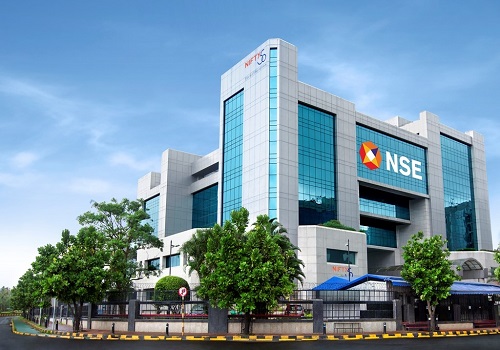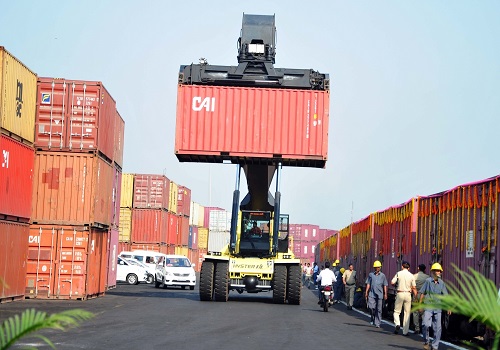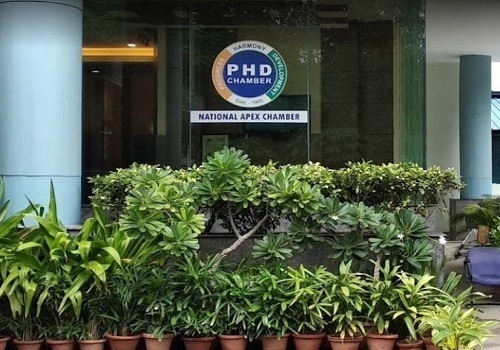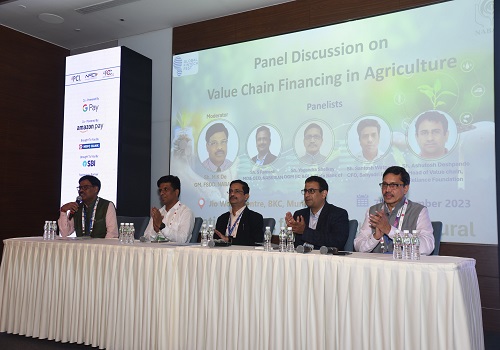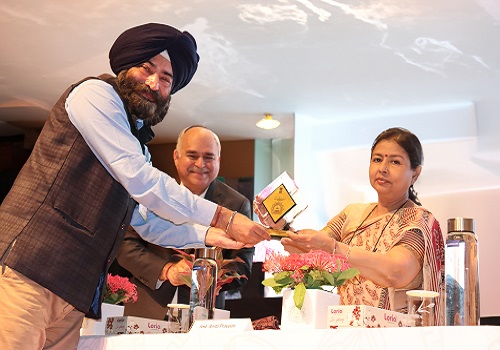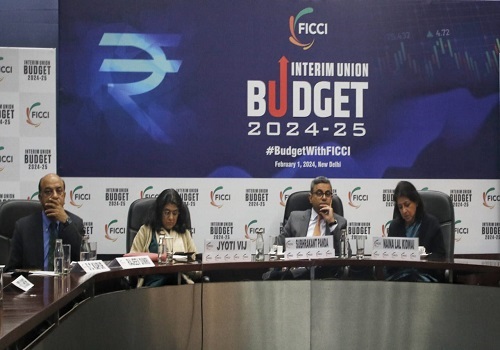Quality not expensive,it's cost effective, Minister Piyush Goyal as BIS turns 75
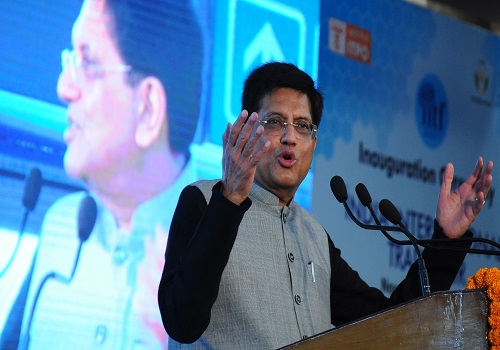
Follow us Now on Telegram ! Get daily 10 - 12 important updates on Business, Finance and Investment. Join our Telegram Channel
As the Bureau of Indian Standards (BIS) completed 75 glorious years of its existence, Union Minister for Consumer Affairs, Food & Public Distribution, Piyush Goyal gave five mantras, including "quality is not expensive, it is cost effective," BIS to grow.
"First, we should work as a facilitator not an obstructer. Second, BIS should develop as a global organisation. Learning from global experiences, integrating global standards. Show to the world we are best. For this we have to be pioneers also. Third, working on gap analysis to assess laboratory attesting needs of the country and set up high quality modern labs across India," Goyal said.
"Fourth, there should be nothing short of a quality or standard revolution is required. 'One Nation One Standard' will become a game changer in this regard. And last, the fifth, quality is not expensive, it is cost effective," Goyal said as he congratulated BIS, and all associated with it via video conferencing late on Thursday night.
"Prime Minister (Narendra Modi) before even becoming the Chief Minister of Gujarat had given the concept of 3S - Speed, Skill and Scale. It's now time to change it to 4S - Speed, Skill, Scale and Standards," he said.
The Minister suggested to take it up as a mission that 135 crore Indians start demanding quality and every participant in economic activity in India provides quality, then quality will speak for itself, a release from the Ministry of Consumer Affairs, Food & Public Distribution said on Friday.
"The Centre is working towards 'One Nation One Standard' and it's important to set the benchmark by working skilfully so that we are internationally aligned," Goyal said.
In the twilight years of British rule in India, when the country was faced with the gigantic task of building up the industrial infrastructure, it was the Institution of Engineers (India), which prepared the first draft of the Constitution of an Institution which could take up the task of formulation of National Standards. This led to the Department of Industries and Supplies issuing a memorandum on September 3, 1946, formally announcing the setting up of an organisation called the Indian Standards Institution (ISI). ISI came into being on January 6, 1947.
With a broadened scope and more powers, the Bureau of Indian Standards (BIS) came into existence through an Act of Parliament on April 1, 1987.
